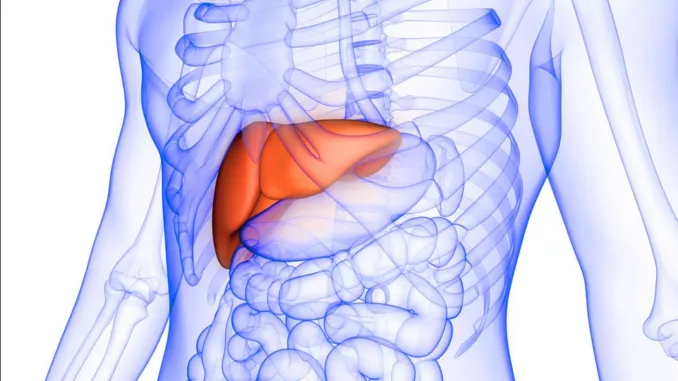It's another weekend, and somewhere in Nigeria, a couple is walking down the aisle with little or no knowledge of their health history.

You don't want to make the same mistake, do you? Often, amidst the excitement and rigors of choosing venues, floral arrangements, crafting guest lists, ensuring the caterer delivers and picking the perfect dress, there's one essential aspect that often takes a backseat: 'health'.
While love may conquer many obstacles, it's undeniable that good health lays the foundation for a solid and lasting partnership.
Consulting with medical experts and undergoing essential tests can give couples the knowledge and tools to address potential health concerns before they escalate.
However, these medical tests are not just checkboxes on a premarital to-do list; they are, in fact, a holy responsibility that shouldn't be neglected.
Prioritizing health through these tests not only strengthens the foundation of a marriage but also fosters a culture of open communication and shared responsibility.
In the heat of wedding preparations, here are some medical tests you may want to consider before saying "I do." the last one would shock you.
1. Complete Blood Count (CBC): A comprehensive blood test can screen for many conditions, from anaemia to cholesterol, sugar level, infection levels and leukaemia. It can also help detect potential genetic predispositions that could impact future health.
2. Genetic Testing: Genetic testing can offer insights into hereditary conditions, gene mutation and other disorder that is related to the gene, giving couples a chance to understand potential risks and plan accordingly.
3. STD Screening: This is one of the most popular tests. STDs, meaning Sexually Transmitted Diseases, could include Chlamydia, Gonorrhea, Trichomoniasis, Human Papillomavirus (HPV), Human Immunodeficiency Virus (HIV), and Syphilis. Getting tested for sexually transmitted diseases ensures both partners are aware of their status and can take appropriate precautions.
4. Genotype test: The genotype test helps to determine life partner compatibility to prevent adverse effects during conception. Blood type compatibility for blood transfusion and rhesus factor. It can also provide information on the risks of developing cancer.
5. Blood Pressure Check: Hypertension can be a silent threat. Monitoring blood pressure can help identify any issues early and prevent complications.
6. Hormone Levels: Hormonal imbalances can impact fertility and overall health. Testing hormone levels can offer valuable insights, especially for couples planning to start a family.
7. Allergy Testing: Understanding allergies and sensitivities can help create a healthy environment at home and avoid potential health complications.
8. Weight and BMI Evaluation: Healthy weight management contributes to well-being. Discussing weight and BMI can lead to informed decisions about nutrition and fitness.
9. Fertility test: A fertility test is a medical test to check if you or your partner have any problems that might affect your chances of getting pregnant. Often, there aren't any signs of infertility except for being unable to get pregnant or stay pregnant. Hence, this test comes in handy before marriage.
10. Mental Health test: According to the Association of Psychiatrists in Nigeria (APN), more than 60 million Nigerians have mental illness. This makes it very important to know the mental health status of your partner, to be prepared and aware.
















Comments